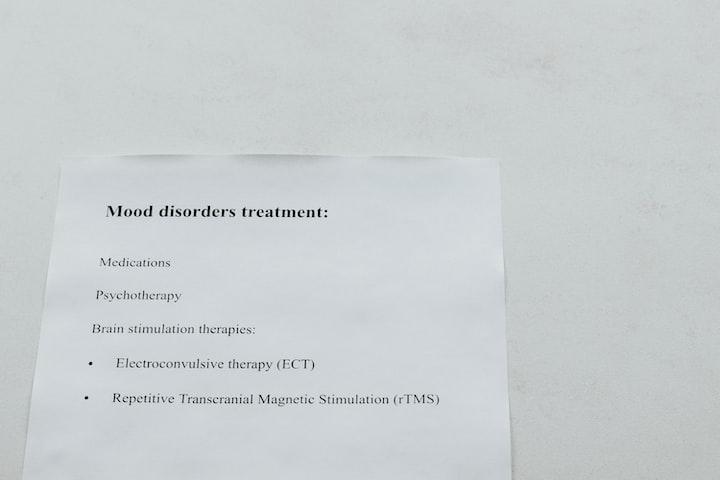What Therapy Is Best for Trauma?
There is no sole answer, as the best therapy for trauma will vary depending on the individual and the specific nature of their trauma. However, some of the most effective therapies for treating trauma include cognitive behavioral therapy (CBT), eye movement desensitization and reprocessing (EMDR), and exposure therapy.
Cognitive behavioral therapy can be helpful in addressing the negative thoughts and beliefs that can develop after a traumatic event. This type of therapy can help individuals to challenge and reframe their thinking, which can ultimately lead to improved coping and functioning. EMDR is a specialized form of CBT that uses eye movements or other forms of bilateral stimulation to help individuals process and heal from their trauma. Exposure therapy is a highly effective but potentially challenging treatment for trauma that involves gradually exposing an individual to their fears in a safe and controlled environment. This type of exposure can help people to overcome their avoidance behaviors and learn new coping skills.
Read More »What Therapy Is Best for Trauma?






